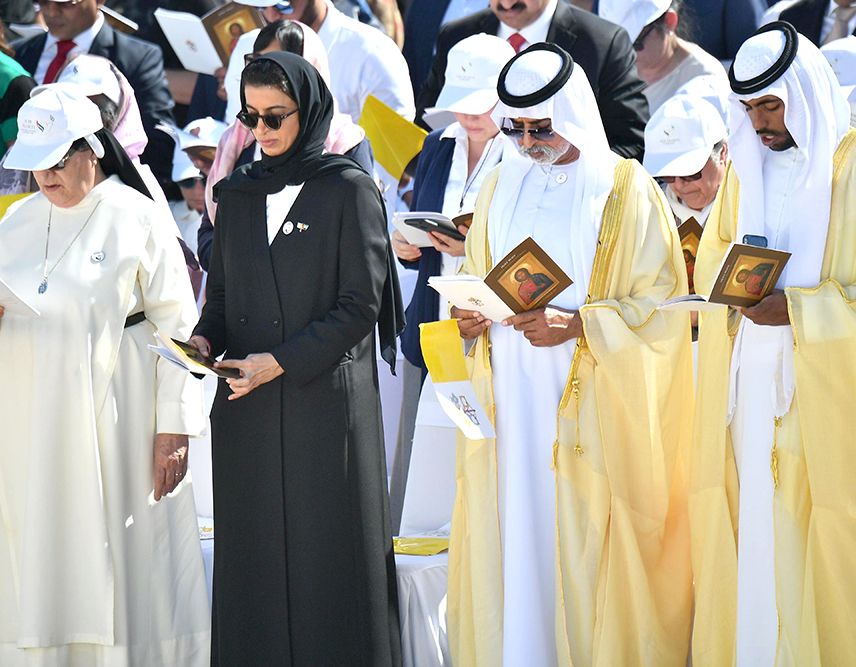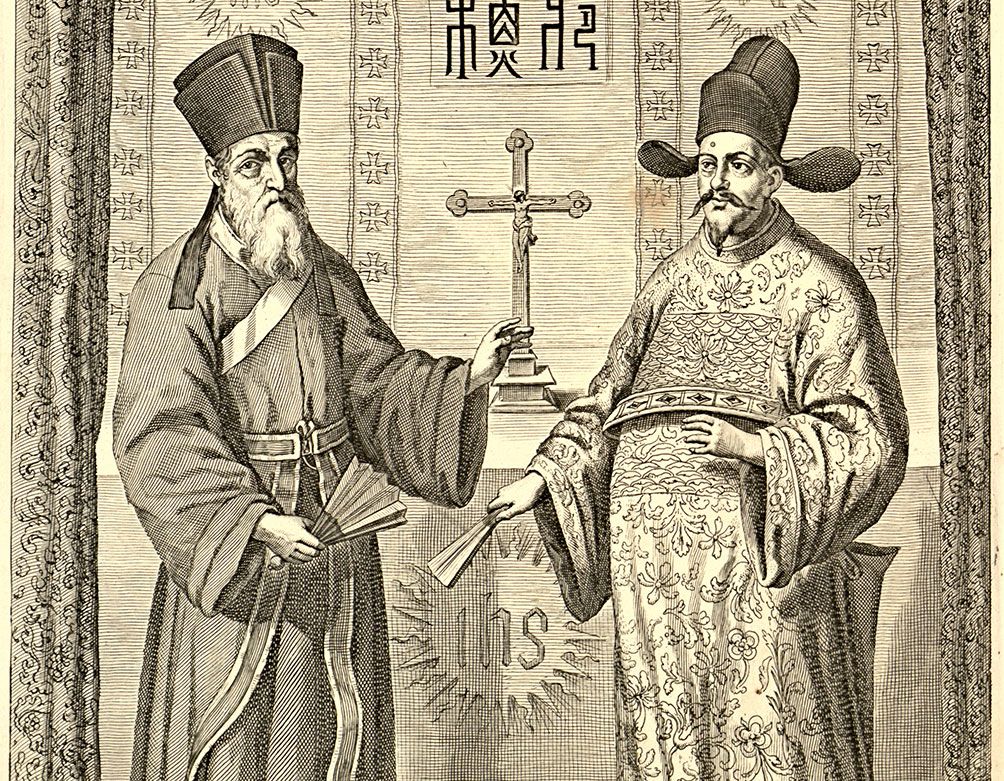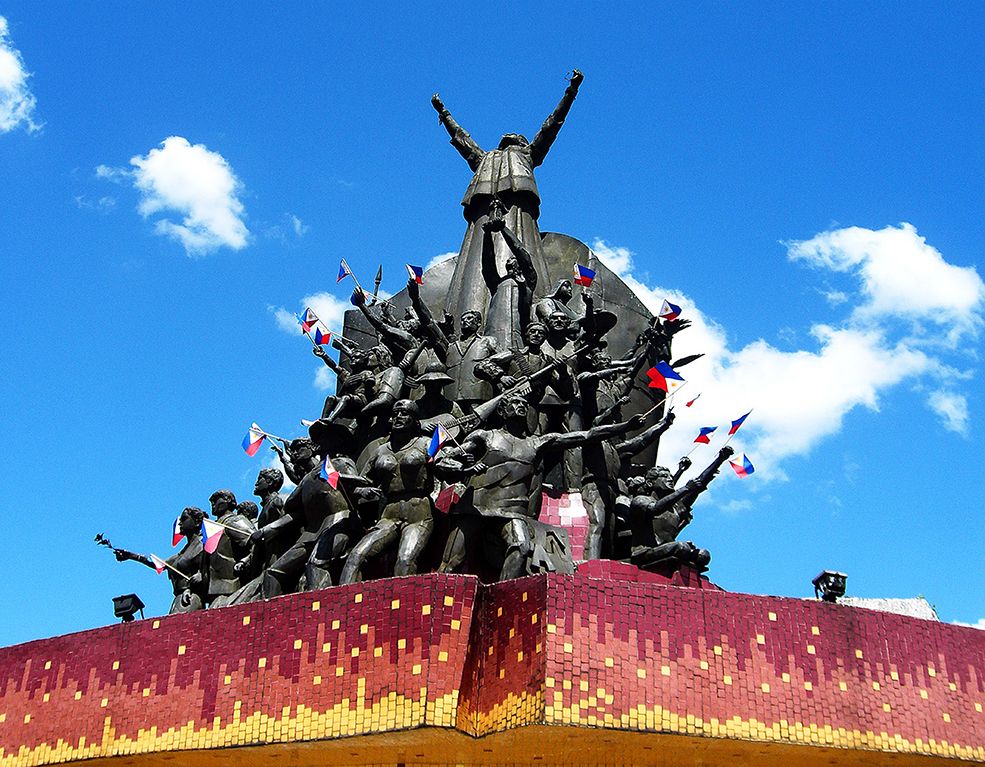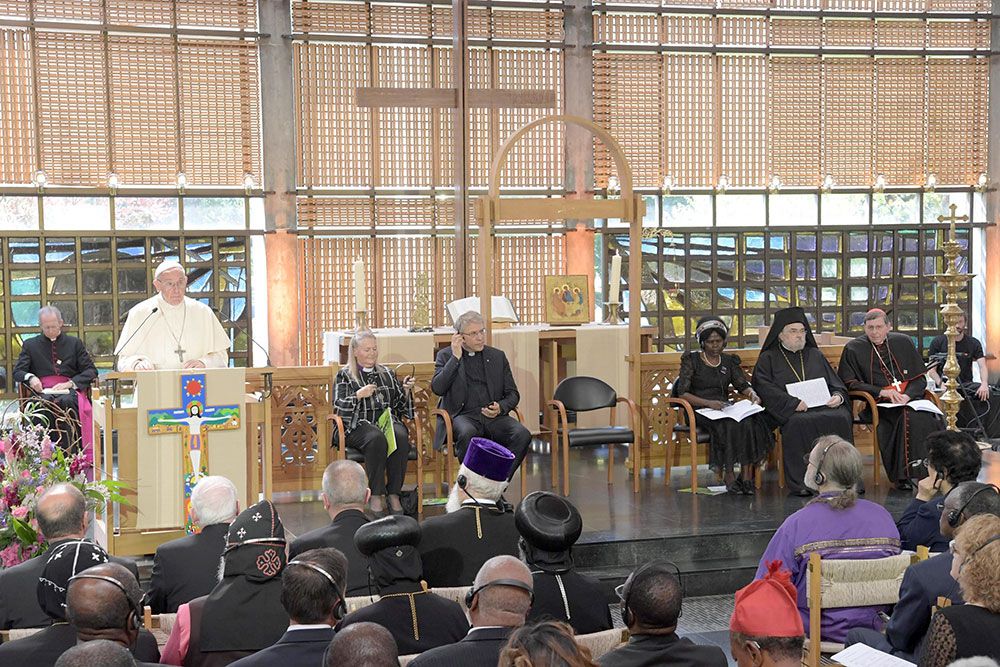On May 21 of this year, Pope Benedict XVI met the participants of the 24th Plenary Assembly of the Pontifical Council for the Laity who were meeting in Rome to discuss on the theme: “Witnesses to Christ in the political community.” In his talk, he told them, among other things: “It is up to the lay faithful to show – in their personal and family life, in social, cultural and political life – that faith enables them to read reality in a new and profound way, and to transform it… It is also the duty of the laity to participate actively in political life, in a manner coherent with the teaching of the Church, bringing their well-founded reasoning and great ideals into the democratic debate, and into the search for a broad consensus among everyone who cares about the defense of life and freedom, the protection of truth and the good of the family, solidarity with the needy, and the vital search for the common good.” He also said that although the “technical formation of politicians” is not part of the Church’s mission, she reserves the right to “pass moral judgment in those matters which regard public order when the fundamental rights of the person or the salvation of souls require it.”
What the Holy Father said remains a great challenge to the Philippine Church. We are challenged to have lay people who actively participate in political life. In a way, this is already being done. In the last elections of May 10, we have seen the fielding of church volunteers in the hundreds of thousands all over the country. They contributed in no small degree to the “success” of the elections in spite of the poor organization and limitations of the COMELEC. Church volunteers directed the people to their precincts, helped monitor the conduct of the elections, and even assisted and taught the members of the Board of Election Inspectors (BEIs) their duties. Without the Church volunteers we can just imagine the chaos that could have resulted.
Our lay people are good in non-partisan election duties during elections. This is already good, but not yet enough. We also need non-partisan volunteers to monitor the performance of the elected officials after the elections. In general, this is not yet being done. Many fora were organized before elections during which the candidates were asked what their programs would be. Many covenant signings were inked with different groups to ensure that the candidates would keep their election promises to the people. But, after the elections, nobody follows these up. So the elected candidates are not exacted the accountabilities that they have promised. We need lay people who are as aggressive in asking for accountabilities as they were in monitoring the elections.
Poverty and manipulation
Christians, as good citizens, are called not only for non-partisan duties though. Partisan politics is also a call of the faith. We need good Christians who bear witness to Christ as good politicians. There are already attempts of good Christians who join the electoral contests because of their faith. Unfortunately, though, their efforts are not supported enough by the electorate who, up to now, are still not wise enough to go beyond name-recall, and worse, not good enough not to have their votes bought. So, while we call on people to be active in partisan politics, we too should do more as Church to educate our people on their political duties. No good people will be elected unless the general population exercises their votes in a moral manner. Yes, in a moral manner, since to vote for a bad or incompetent person is to do harm to the common good, and to sell one’s vote is to sell the country!
The educated middle class cannot understand why people don’t see the simple fact that to sell one’s vote is to sell one’s dignity. Indeed it is a great crime to the country, but for people who barely survive, 500 pesos is 500 pesos. How much more a thousand, or even three thousand pesos! Who can resist this amount of money when it means a meal for a week, and even a month for the family? The point is: we can never have a good and wise electorate unless we bring people out of dire poverty! It is poverty, in fact, simple survival, not ignorance much less moral depravity, that pushes people to sell their votes. So it is pointless to rant why people sell their votes when we do not do anything to reduce and eradicate poverty! Poverty eradication does not only mean handing money to the poor. It means creating structures and setting up and implementing laws that uplift the poor and fight corruption! In a way, consciously or unconsciously, there is a grand scheme to keep people poor from our traditional politicians. They do not really exert the political will to uplift the people from poverty since people of their kind – traditional politicians – flourish when people are held captive by poverty. They cannot easily buy and fool people when the people are free enough to choose.
This is the challenge for the Church in the political sphere. Yes, we continue to give political education. We continue to recruit people to do non-partisan monitoring of politicians during and outside of elections. We continue to encourage good and upright Christians to serve God and country as good politicians. But most of all, we do our best to influence Philippine politics to exert the political will to craft and execute pro-poor laws and to create a structure in Philippine society that can lift people out of the captivity of poverty, which is the fertile ground of political manipulation.
Hope is a call to action
All of the above challenges are challenges to the Church. When we speak of Church, we speak of the People of God. Among the People of God, there are different roles. The Popes remind us time and again that it is the role of the lay faithful to bear witness to Christ in politics and to transform politics. In the country, at the moment, the expectation is that the hierarchy should do this. Yes indeed, the hierarchy has its role to play in political transformation. Its role though is indirect, not by directly entering into the political arena but in inspiring, teaching, enabling the lay faithful to do this. Here, we priests and bishops, have our own culpability. We have not done enough to encourage and support our lay faithful in this mission. In fact, we have not been able to show to our people that they cannot be good Christians unless they are good citizens, and to be a good citizen in a democracy is to participate actively in the affairs of society. Democracy is a participative form of government; hence, we cannot be good citizens in a democratic form of government if we do not participate in it.
People are hopeful now that we have a new government. Let us not just watch at a distance what this new government can do. Let us participate closely in the renewal of society. Some do this by being part of the government. Others by direct support while still others as vigilant critics. There is a role for all in a democracy. What we should avoid is the I-couldn’t-care-less attitude, which the Church, both as clergy and lay, should fight against. Hope is not a wait-and-see outlook. Hope is a call to action, that we do what we hope for!















